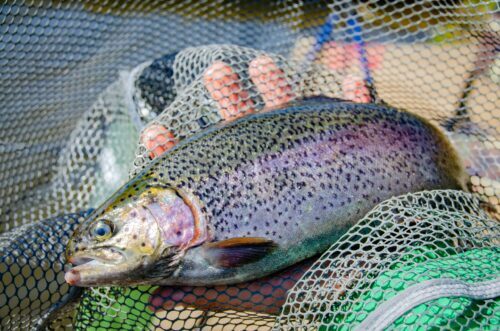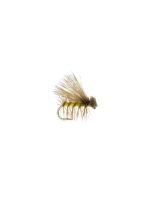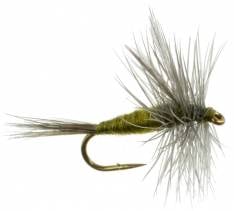Listen up, anglers! Whether you’re a seasoned fly fisher or a newbie with a rod, this is the only guide you’ll need on how to fly fish the Deschutes River in Oregon. Hold tight as we go deep into the river’s biography, top fishing spots, ideal rod selection, yearly flies recommendations, fishing techniques, rigging details, and local laws. Stay with us as we explore this fly fishing paradise and lay bare its secrets.
Biography of the Deschutes River and Fishery
The Deschutes River is the crowning glory of Oregon. Stretching about 252 miles, this river originates from Little Lava Lake in the Cascades. It offers a lush playground teeming with rainbow trout (or ‘redsides’ as they’re called here), steelhead, and salmon. And the best time to fish? It’s almost always fishing season here, baby! But for the best catch, head over between May and October.
Top 5 Spots to Access the Deschutes River
| Location | Directions | Local Guide Shop |
|---|---|---|
| Maupin City Park | Follow the signs off US-197 | Deschutes Angler |
| Warm Springs | Off Highway 26 | Warm Springs Fly Shop |
| Harpham Flat | Off Highway 216 | Trout Creek Outfitters |
| Trout Creek | Take Jefferson County Road 129 | Trout Creek Outfitters |
| Macks Canyon | Follow the Deschutes River Road | Deschutes Angler |
Best Option for Fishing with Lowest Traffic
If you’re into solitude and tranquility, consider taking a drift boat or raft downstream from Maupin. This area tends to see less angler traffic and offers excellent fishing opportunities.
Busiest Fishing Spot
The area around Maupin City Park is undoubtedly the busiest spot. With easy access and the promise of big catches, it’s a hotbed for local and visiting anglers alike.
Ideal Rod Selection
When it comes to rod selection for fly fishing the Deschutes, you’ll want to go with a 9-foot, 5-6 weight rod. This rod will give you the perfect balance of casting power and delicacy needed for the Deschutes’ famous redsides.
Top Flies for Each Season
| Season | Top Flies |
|---|---|
| Winter | Zebra Midge, Rainbow Warrior, Blue Winged Olive, Griffith’s Gnat, Stonefly Nymph |
| Spring | March Brown, Skwala Stonefly, Caddis Pupa, Green Drake, Golden Stone |
| Summer | Pale Morning Dun, Caddis, Hopper, Ant, Yellow Sally |
| Fall | October Caddis, Blue Winged Olive, Red Copper John, Egg Patterns, Leeches |
How to Fish the Deschutes River
The secret to success on the Deschutes is versatility. Be ready to switch up your techniques based on the time of day, season, and water conditions. Master the art of dead-drifting nymphs, swinging wet flies, and skating dry flies to lure in those stubborn redsides.
Rigging Your Rod
Rigging your rod for the Deschutes demands precision. Use a 5-6 weight fly line and a 9-12 foot leader with a 3X-5X tippet, depending on water clarity. When nymphing, set your indicator about 1.5 times the depth of the water, ensuring your nymph drifts just above the riverbed. Remember, attention to detail is key
Local Laws and Restrictions
Remember, rules are there for a reason, folks. Keep in mind that it’s strictly catch-and-release for trout and steelhead. Barbless hooks are mandatory, and bait fishing is prohibited. Always check with the Oregon Department of Fish and Wildlife for the most up-to-date regulations.
Conclusion
Whether you’re a seasoned angler or a newbie, knowing how to fly fish the Deschutes River in Oregon is a game-changer. From its biography and top fishing spots, through to the ideal rod selection, seasonal flies, fishing techniques, and rigging tips, this guide has got you covered. So get out there, cast your line, and hook a big one!


